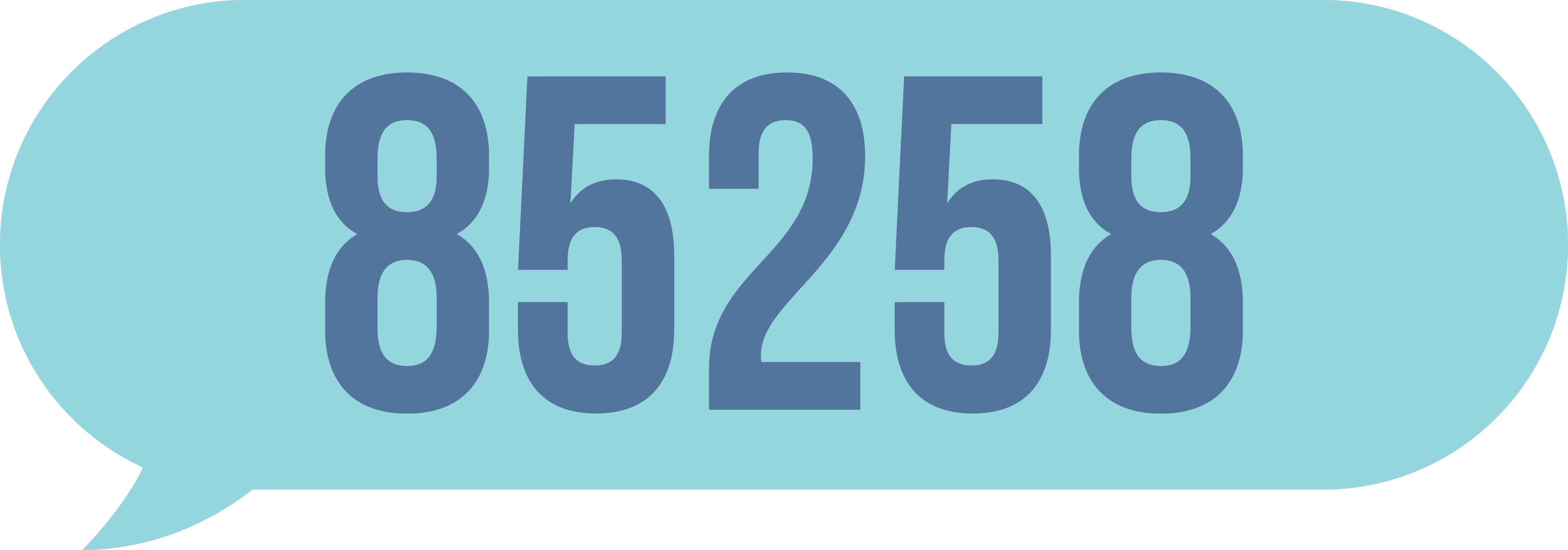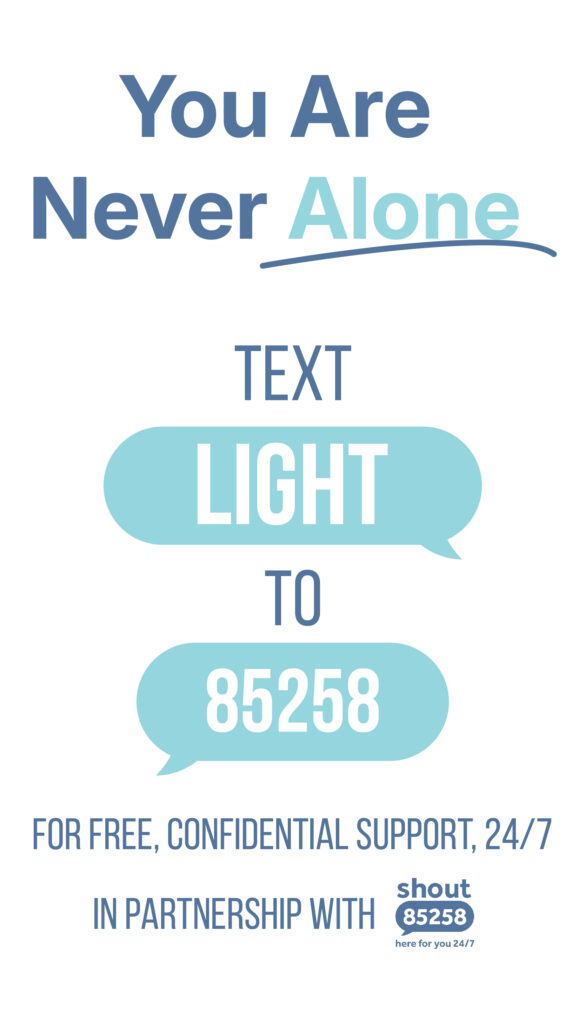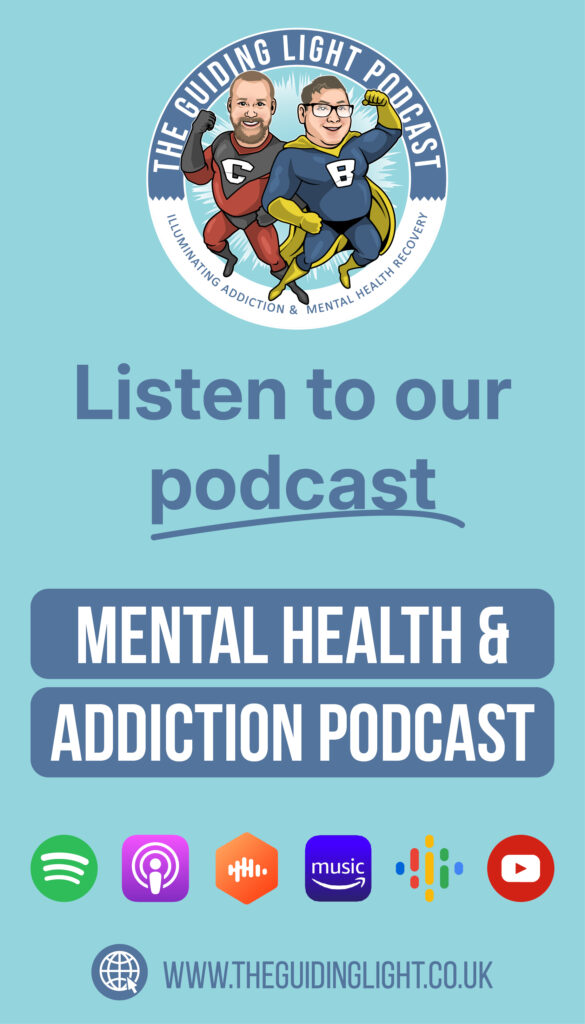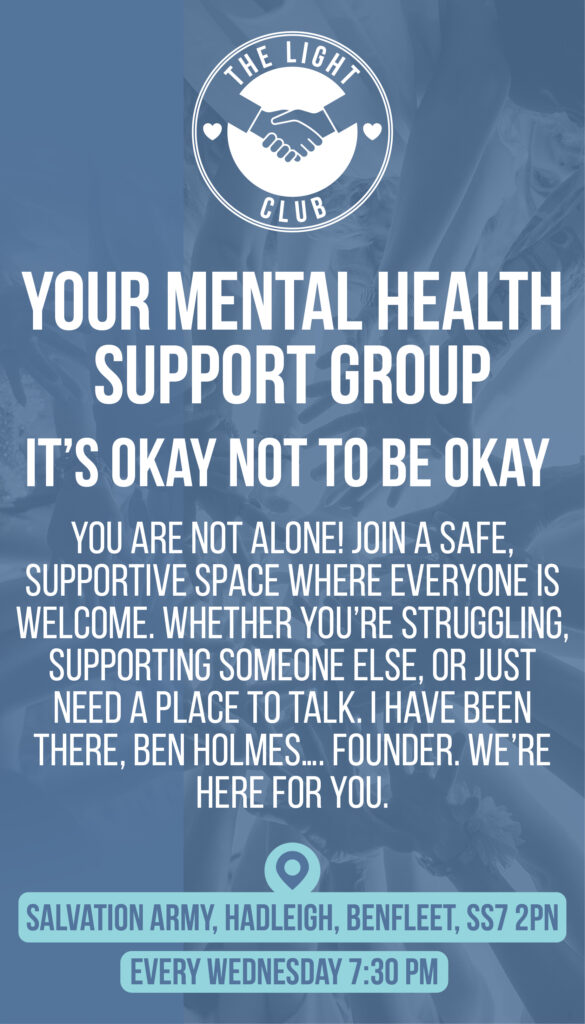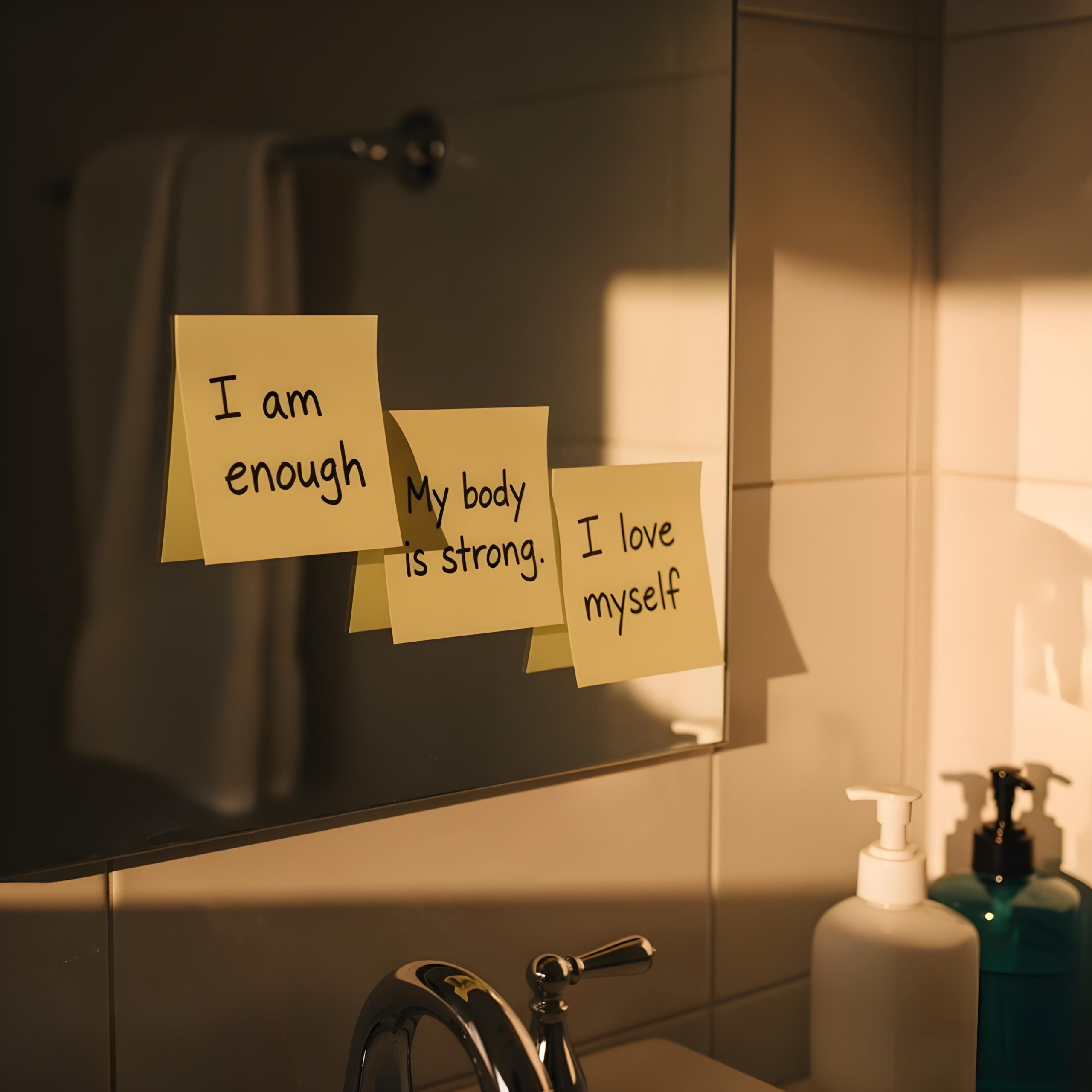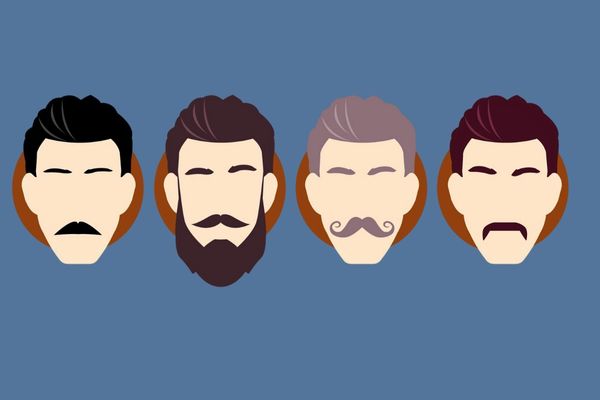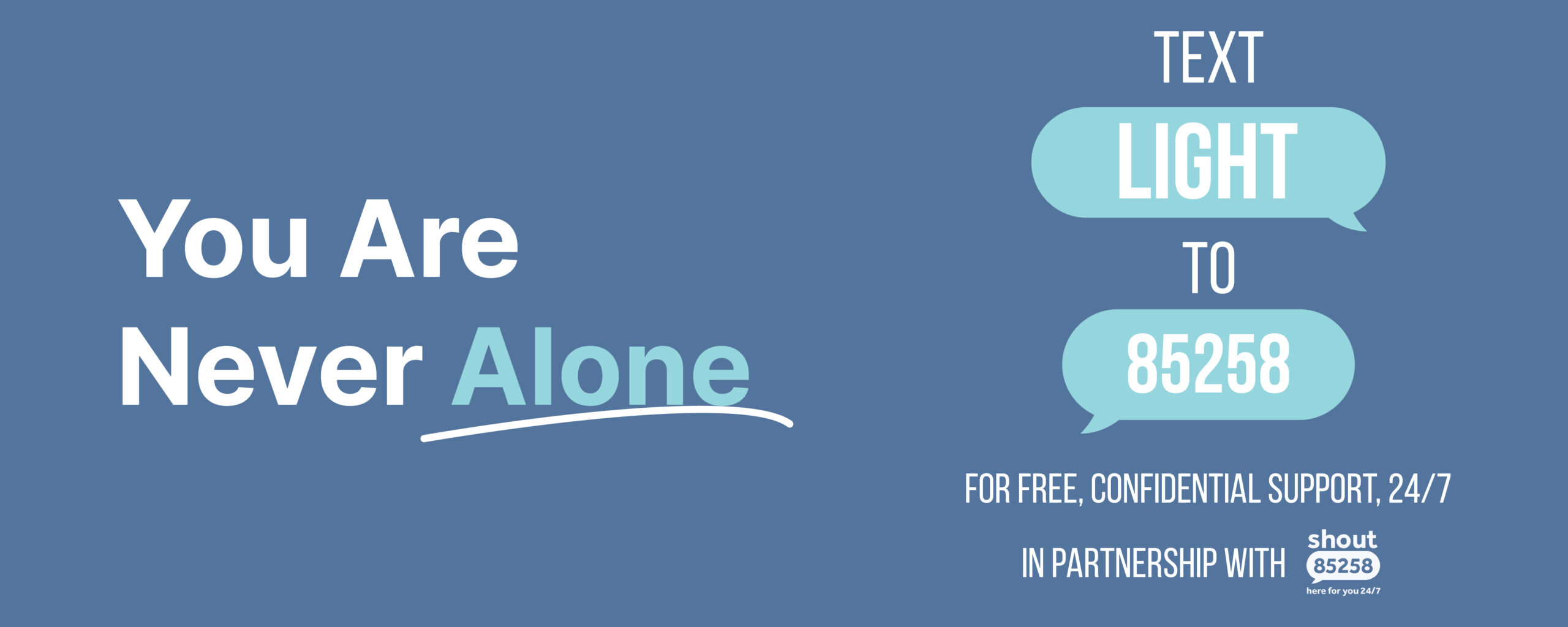I used to think I had to leave parts of myself at the door before stepping into work. The polished version. The “I’m fine” version.
But the truth is, for years, I was far from fine.
Behind the professional emails, the tight deadlines, the to-do lists, and the back-to-back meetings, I was struggling. Not in a “just a bit stressed” kind of way. I was living with an eating disorder. Battling addiction. Managing a mind that constantly told me I wasn’t enough.
And still, like many others, I showed up. Smiled. Delivered. Survived.
I’m sharing this because mental health in the workplace isn’t just about stress or burnout. It’s about the silent battles we don’t often talk about. It’s about the person answering emails while hiding their bulimia. The colleague struggling with addiction but afraid to speak up. The high achiever who cries before work every morning and puts on a brave face during Zoom calls.
The Hidden Cost of Silence
For a long time, I didn’t feel like there was space for someone like me in professional environments. I thought vulnerability would make me seem weak or unreliable. So I stayed quiet. Many of us do. We become experts at hiding. And in doing so, we isolate ourselves from the very help we need.
It’s exhausting emotionally, mentally, and physically to pretend you’re okay when you’re not. And it’s dangerous. Because when workplaces lack the awareness and infrastructure to support mental health, people fall through the cracks.
Some leave. Some spiral. Some break.
Why Mental Health First Aiders Matter
I cannot overstate the value of Mental Health First Aiders (MHFAs) in the workplace.
They are not therapists. They’re not expected to fix anyone. But they are trained to listen, to notice, and to respond in a compassionate and informed way. Sometimes that’s all it takes, someone noticing. Someone saying, “You don’t seem like yourself, do you want to talk?”
MHFAs can create a culture where mental health is not taboo. Where conversations about bulimia, addiction, anxiety, and depression are met with empathy instead of awkward silence. They help break the stigma. And in doing so, they save lives.
I still remember the first time someone at work gently asked if I was okay. Not in a passing, polite way, but with genuine concern. That small moment cracked open the door for honesty. It gave me the courage to get help. To be seen not just as a worker, but as a human being who was hurting and healing.
Reflecting on the Journey
I’m not writing this from the other side of healing. I’m still in it.
Recovery from bulimia isn’t linear. Addiction doesn’t vanish after 90 days. Mental health doesn’t come with a finish line. But I’ve learned that being open is a form of strength. That asking for help is not a weakness, it’s a turning point.
And I’ve also learned that when workplaces value mental health, everyone benefits. Productivity rises, yes, but more importantly, people feel safe. They feel seen. And that’s where true engagement begins.
Sign the Petition: Make Mental Health First Aiders Mandatory
We believe every workplace should be equipped with Mental Health First Aiders, just like we have physical first aiders for accidents and emergencies.
No one should suffer in silence. And no one should have to choose between their mental health and their job. Add your voice to the growing movement for change:
Sign the petition here: https://www.change.org/p/urgent-action-needed-to-improve-mental-health-support-and-accessibility?redirect_reason=guest_user
Help us make it mandatory for every workplace to have trained Mental Health First Aiders. Let’s protect minds the way we protect bodies.
A Final Word
If you’re a leader, champion mental health in your workplace. Train MHFAs. Talk about wellbeing. Create space for honesty.
If you’re a colleague, check in with each other. Assume that not everyone’s struggle is visible. Be kind.
And if you’re someone who’s struggling, you are not alone. You are not broken. You are not weak. You are human, and there is help, hope, and healing available.
Let’s build a world where vulnerability is met with support, not shame. Where workplaces don’t just care about deadlines, but about the people working toward them.
Together, we can make that world real.
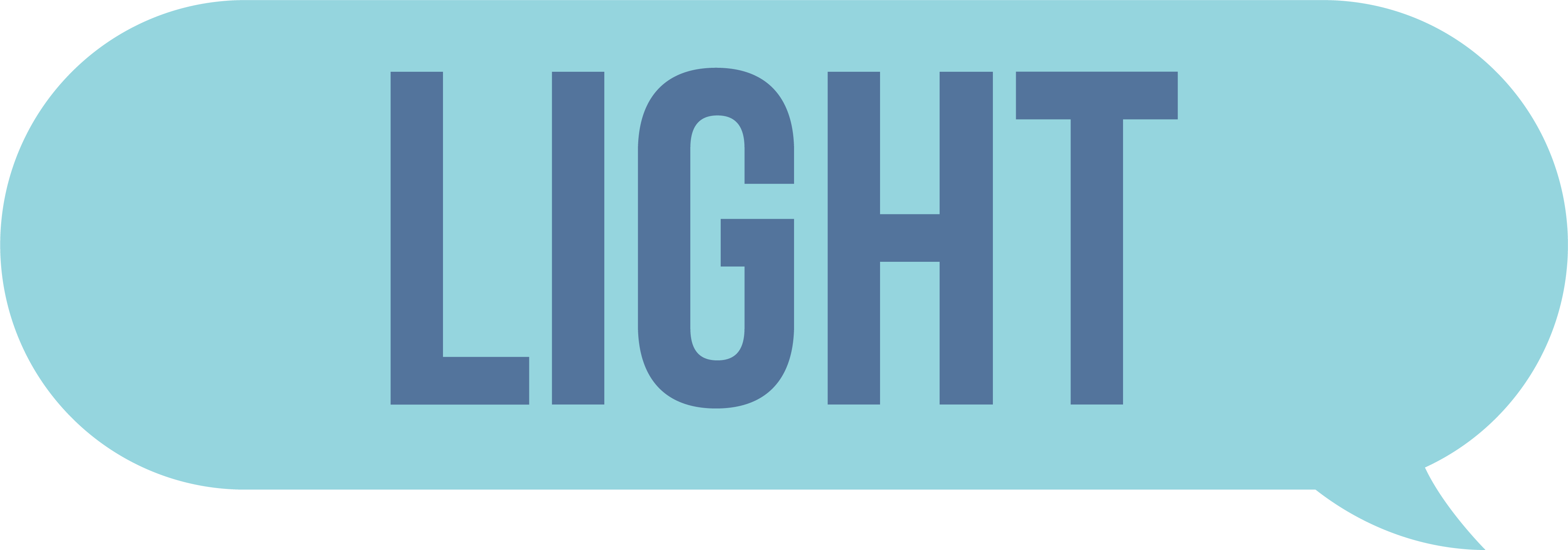 To
To 